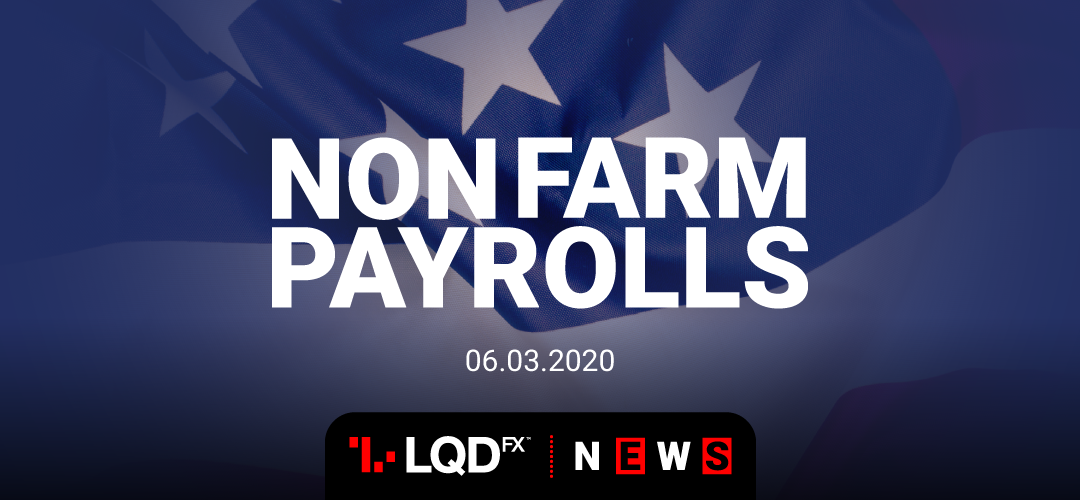U.S. employers maintained a robust pace of hiring in February, giving the economy a strong boost heading into the coronavirus outbreak.
The COVID19 spread has stoked fears of a recession and prompted an emergency interest rate cut from the Federal Reserve.
The strong report likely does not capture the impact of the coronavirus, leaving financial markets to anticipate severe economic disruptions in the months ahead.
The monthly jobs report from the United States saw the unemployment rate falling to 3.5% The monthly payrolls also surged with the U.S. economy adding 273k jobs in February. This was more than the estimates of 175k. Revisions to previous month showed an increase to 273k jobs as well.
The average hourly earnings rose 0.3%, in line with the estimates and up from 0.2% from the month before.
Financial markets view the virus as the catalyst that could interrupt the longest economic expansion on record, now in its 11th year.
Also, money markets were pricing in another 25-bps cut from the current 1% to 1.25% range at the next Fed meeting. Fed Chair Jerome Powell acknowledged the economy’s strong fundamentals but said “the coronavirus poses evolving risks to economic activity.” Financial markets are expecting further rates cuts at the Fed’s March 17-18 policy meeting.
START TRADINGForex – Robust pace for US job growth
The euro rose past $1.13 on Friday and the yen pushed below 105, as a drop in U.S. government bond yields put the dollar on course for its worst week since 2016.
The US dollar fell against a basket of currencies and was on pace for its worst weekly loss in four years. As a sharp drop in U.S. government bond yields hurt the greenback’s appeal. The dollar index was about 0.8% lower at 95.883, its lowest in about a year. For the week, the index was down 2.4%, its worst weekly performance since early February 2016.
The dollar was not weaker everywhere. The greenback has held up against currencies exposed to commodities such as the Canadian, Australian and New Zealand dollars.
Against the Japanese yen, the dollar was down 0.9% at 105.19 yen, a more than six-month low.
The dollar also shed more than 1% against the Swiss franc, considered a safe haven, to its weakest since early 2018.
The euro climbed about 0.8% to an eight-month high of 1.1328. It was stuck below $1.08 only a few weeks ago. The euro fell against the Swiss franc, however, dropping 0.3% to 1.0585 francs.
Sterling extended gains against a broadly weaker dollar on Friday. The British currency was also boosted by comments from the European Union’s Brexit chief negotiator that a trade deal between Britain and the bloc was still possible this year.
Against the dollar, sterling was on course for its best week since mid-December. Sterling briefly rose to a 10-day high of $1.3015 and was last trading up 0.3% at $1.2994.
PLEASE NOTE The information above is not investment advice.
Sources: Reuters, Investing, CNN money
